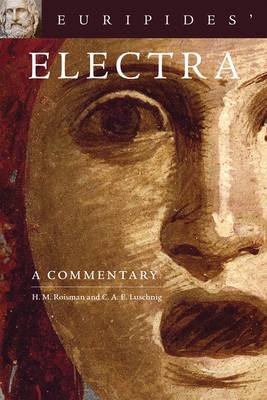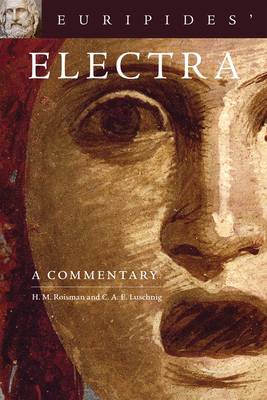
- Retrait gratuit dans votre magasin Club
- 7.000.000 titres dans notre catalogue
- Payer en toute sécurité
- Toujours un magasin près de chez vous
- Retrait gratuit dans votre magasin Club
- 7.000.0000 titres dans notre catalogue
- Payer en toute sécurité
- Toujours un magasin près de chez vous
Description
Electra's gripping story and almost contemporary feel help make the play accessible and interesting to modern audiences. The liberties Euripides took with the traditional myth and the playwright's attitudes toward the gods can inspire fruitful classroom discussion about fifth-century Athenian thought, manners, and morals. Roisman and Luschnig invite readers to compare Euripides' treatment of the myth with those of Aeschylus and Sophocles and with variant presentations in epic and lyric poetry, later drama, and modern film. The introduction also places the play in historical context and describes conventions of the Greek theater specific to the work.
Extensive appendices provide a complete metrical analysis of the play, helpful notes on grammar and syntax, an index of verbs, and a Greek-English glossary. In short, the authors have included everything students need to support and enhance their reading of Electra in its original language.
Spécifications
Parties prenantes
- Auteur(s) :
- Editeur:
Contenu
- Nombre de pages :
- 352
- Langue:
- Anglais
- Collection :
Caractéristiques
- EAN:
- 9780806141190
- Date de parution :
- 15-01-11
- Format:
- Livre broché
- Format numérique:
- Trade paperback (VS)
- Dimensions :
- 150 mm x 208 mm
- Poids :
- 521 g

Les avis
Nous publions uniquement les avis qui respectent les conditions requises. Consultez nos conditions pour les avis.






